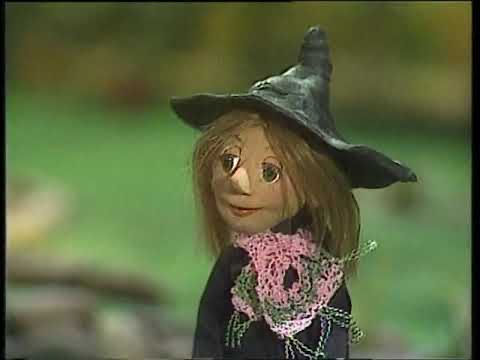The Witch in the Cheese Isle
- TANI DU TOIT

- Sep 10
- 4 min read
When Standing in Your Truth Makes You the Villain
You’re either a villain in someone else’s story for standing up for yourself, or a fool in your own if you don’t.
That’s something I’ve come to learn the hard way.

For years, I compromised my integrity. I muted my opinions, censored my voice (even the supportive things I wanted to say), and even dressed down -
all to avoid upsetting someone close to me. I turned a blind eye, I pretended I didn’t notice the abusive behaviours, the hurtful jibes, the sarcastic remarks, just to keep the peace.
I told myself it was noble, that it was what “good friends” did. In truth, it was survival. My nervous system was in fawn mode - tiptoeing, performing, managing other people’s feelings. It wasn’t authenticity. It was exhaustion.
And when you live like that, resentment grows. Because you’re never allowed to be yourself.
The Friendship That Required Pretending
Recently, I put an end to a friendship where doing all that pretending was the unspoken requirement. I had to tippy toe around opinions, censor my words, and downplay who I really was, just to keep the peace.
When I finally stopped playing along, I was cornered by them in a public place and, amongst other things, called a gaslighter, a dangerous person, a “psycho-analyser” and putting out “all kinds of bad vibes.”
As a person who experienced extreme alcohol-induced domestic violence, and a therapist to countless abuse survivors, I know first-hand the fear tactics people use when you refuse to participate in their reality any longer.
In this case, it was public shaming. It’s a form of collusion - safety in numbers. The more people you can get to agree with you against this horrible person, who finally stands up to you, the safer you will feel - or so you tell yourself.
But here’s the thing: those tactics don’t work on everyone. I am not the cause of anyone else’s betrayal, manipulation, lies or abuse - they are. After me, the next person will stand up to them, and they’ll just carry on colluding. It’s a dysfunctional cycle.
The Witch in the Cheese Aisle
That confrontation actually stirred an ancient memory in me - It felt like the old days, where the evil ol’ witch was burnt in the square. Only this time, the “ceremony” happened in the cheese aisle at Coles.
And thanks to my healing, thanks to my wonderful autonomic nervous system, I was able to take a deep breath, return to calm, finish my shopping, and move on with my day.
Years ago, standing up to an abusive parent, usually to try and protect someone else, sent me into a spiral of bioshock, inevitable collapse, and then the exhausting scramble to claw my way back into their good books… just to stay “safe”.
It is an oscillating cycle abuse survivors will recognise well.
I realised that day, stunned at a grown man who verbally abused me because neither he or his wife could handle my authenticity, that healing feels great - even when they called me names, and shamed me, simply for speaking my truth: that NO, I won’t pretend any more. I am done lying to myself.
No Longer Betraying Myself
Looking back, what I’ve learned is this: standing in my truth might make me the villain in someone else’s story. They may shame me, accuse me, or try to recruit others against me.
But betraying myself? That’s the real danger.
Because fawning and pretending aren’t signs of loyalty - yes, at first, as a child, they are adaptive survival responses… and then, with your brave choice to heal, pretending actually becomes a choice, and if you keep choosing it, acts of self-betrayal.
And I’m finally done with that.
If this resonates with you, here are a few gentle reflections about fawning as a nervous system response to stay “safe” - ironically always necessary in “unsafe” relationships.
You walk on eggshells. You constantly monitor what you say, how you act, even how you dress, just to avoid triggering someone else’s reactions.
You suppress your truth. Your real thoughts, opinions, or even your support stay locked inside because you know they won’t be received well.
You cover for their indiscretions.
You feel drained instead of nourished. Every interaction takes energy, leaving you resentful, anxious, or exhausted.
What Healing Looks Like in Real Life
Nervous system healing doesn’t mean the world suddenly becomes safe. It means you become more resilient to handle it.
It looks like:
Feeling the sting of something like public shaming but still being able to get on with your day.
Knowing how to self-regulate for a body that takes a hit - because it does - it is called Freeze/Fawn.
Knowing you no longer have to crawl back into someone else’s good graces as a way to feel safe (with an unsafe person!) .
Healing is not about being fearless.
It’s about being free.



Comments